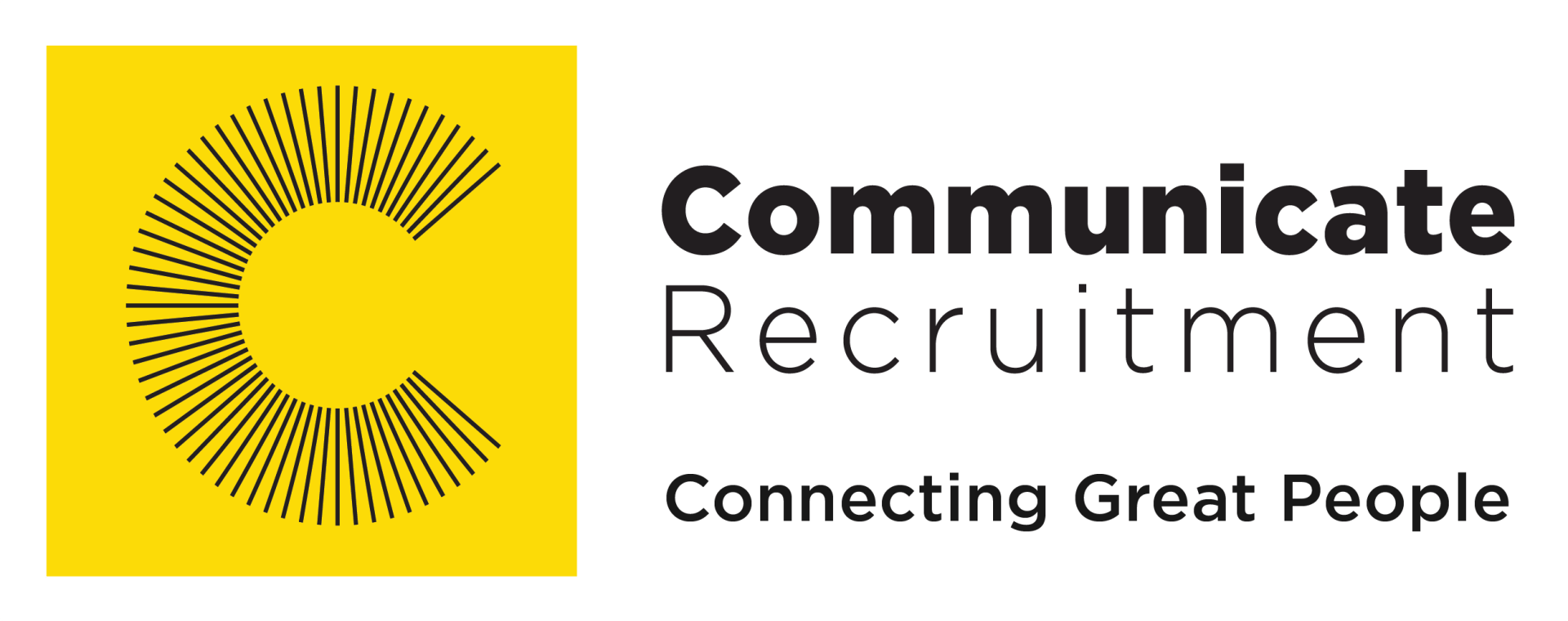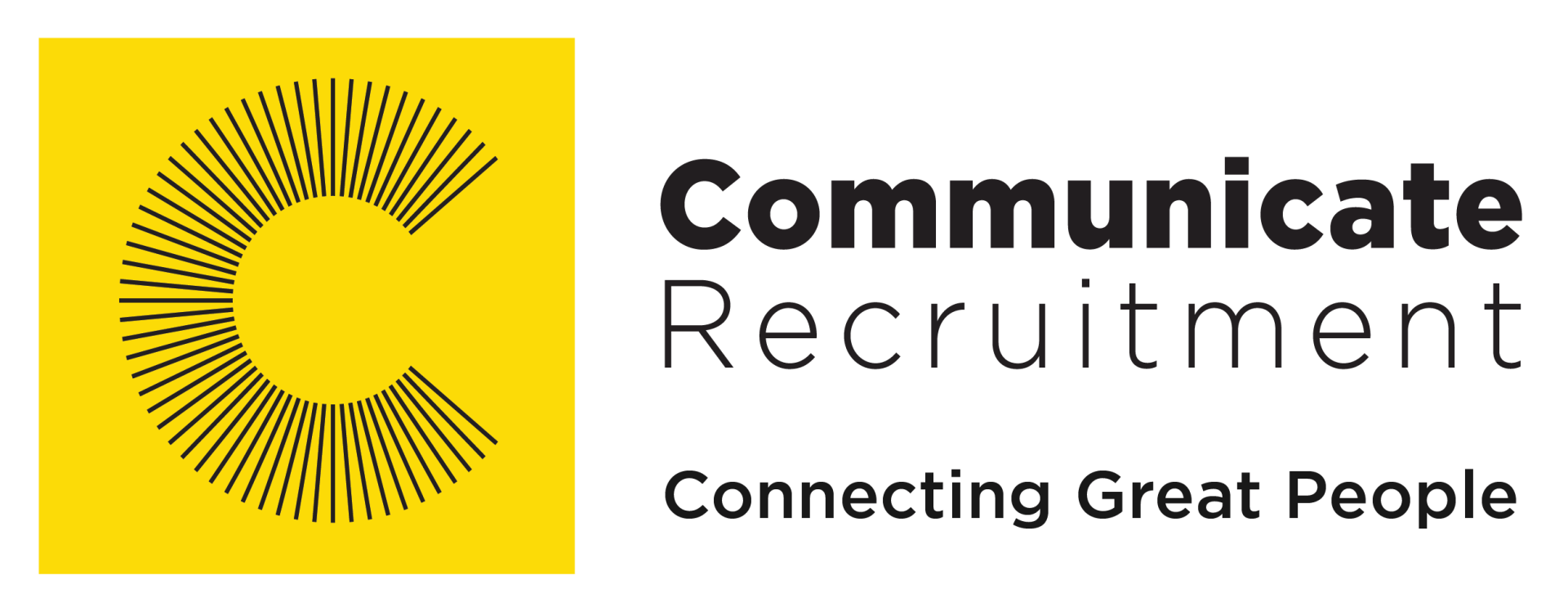Managing Different Generations in the Workplace
There are many factors currently influencing the workplace but there is no arguing that it is an ever-changing environment. Today, many people are living much longer, which means you have employees in the workplace that often times stay on after the traditional retirement age of 65. The way organizations function and interact are changing fast and this is mostly attributed to a younger generation that is joining the workforce with different values and opinions. At this point in time, there are four generations that are active in our workforce, and there's little doubt that having that wide age range in any organization is bound to come with challenges.
Baby Boomers, Gen X, Millennials, and Centennials: they all seem to want something different. Boomers are very loyal employees, they love the social interaction at work, will work long hours, and are willing to invest time in working their way up the corporate hierarchy. Gen Xes think that boomers are crazy to work so hard, and are so much more skeptical about life in general. They are committed to doing a good job, but find it important to go home at night and have a life. Millennials — are extremely impatient; if they're not happy, they won't work through it: they just leave. Centennials is a new breed of young workers that distinctly value independence and individuality. How are you supposed to pull all these people into a team and get them to work well together? Here are some tips:
Mentoring & Learning:
Learning and development matter to everyone, regardless of age or life stage. Overall the older generation tends to still prefer the more traditional forms of training, either from a handbook or presentation. The younger generations are much more comfortable with technology in their everyday life and therefore attracted to learning environments that utilize interactive technology.
Each generation has different strengths, experiences, and knowledge they can offer. It’s important to encourage each generation to mentor the other. Inclusion helps to use those differences as leverage to maximize results. In addition, most employees’ value is included versus excluded. Inclusion equals teamwork. Teamwork leads to achieving results faster.
The differences in work-life balance
Generations have a different perspective on what constitutes work-life balance. Many baby boomers consider traditional company hours for purely business activities and find it unprofessional to take time off for handling personal business during this time. As a result, this generation doesn’t value things like flexi-time and alternative schedules very highly. In fact, they are of the opinion the more time spent in the office the more successful you will be in climbing the corporate ladder.
On the other hand, both Gen X and Gen Y yearn for better work-life balance to attend to family or pursue their own interest. Generation Y relates to balance in terms of not necessarily working less but rather working differently, more flexibly. Millennials want to be able to work hard and have a life at the same time. Flexibility really is a foundational item for them, not just a 'nice to have.
As managers, it’s important to understand the difference in perspective in order to provide the right motivation for each generation if you want to retain your talent.
Feedback
For Baby Boomers it’s important to feel in control, they want effective feedback as this helps them feel more in control in terms of what they work on and how they work on it. They also desire public recognition for a job well done and like to receive it from management or even peers.
Gen-Xes are motivated more by how their actions contribute to the organization’s success. For them, it’s important that feedback should include how their individual progress impacts the company and its achievements.
More than any other generation, millennials crave positive reinforcement and seek to validate their value to an organization. To address these needs, provide daily acknowledgment of their contributions or redirect them immediately if they need to do something different.
Each generation brings to the office unique strengths, knowledge, and even challenges, such as a preferred communication style, desired benefits, or how they like to be motivated and managed. These differences can be an asset if managed correctly, but they also can lead to misunderstanding, conflict, and miscommunication. Understanding the differences will go a long way in ensuring your multi-generational teams are working together productively and effectively.
Communicate Recruitment is a specialized recruitment agency with years of experience in the Finance, IT, Engineering, and Supply Chain/Freight industries. We can assist with the sourcing, assessing, screening, and matching of candidates to ensure you find the right fit for your company the first time. Contact us today.





